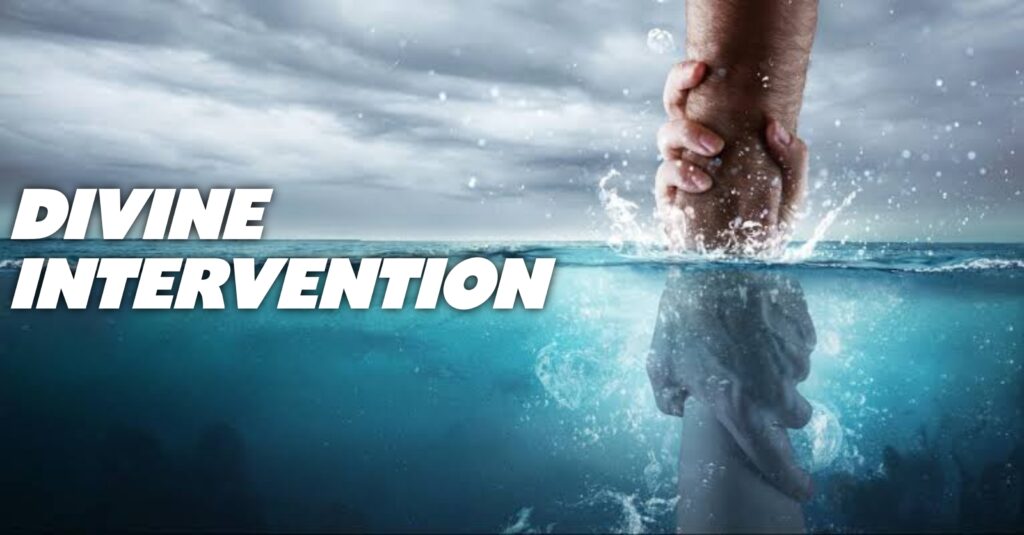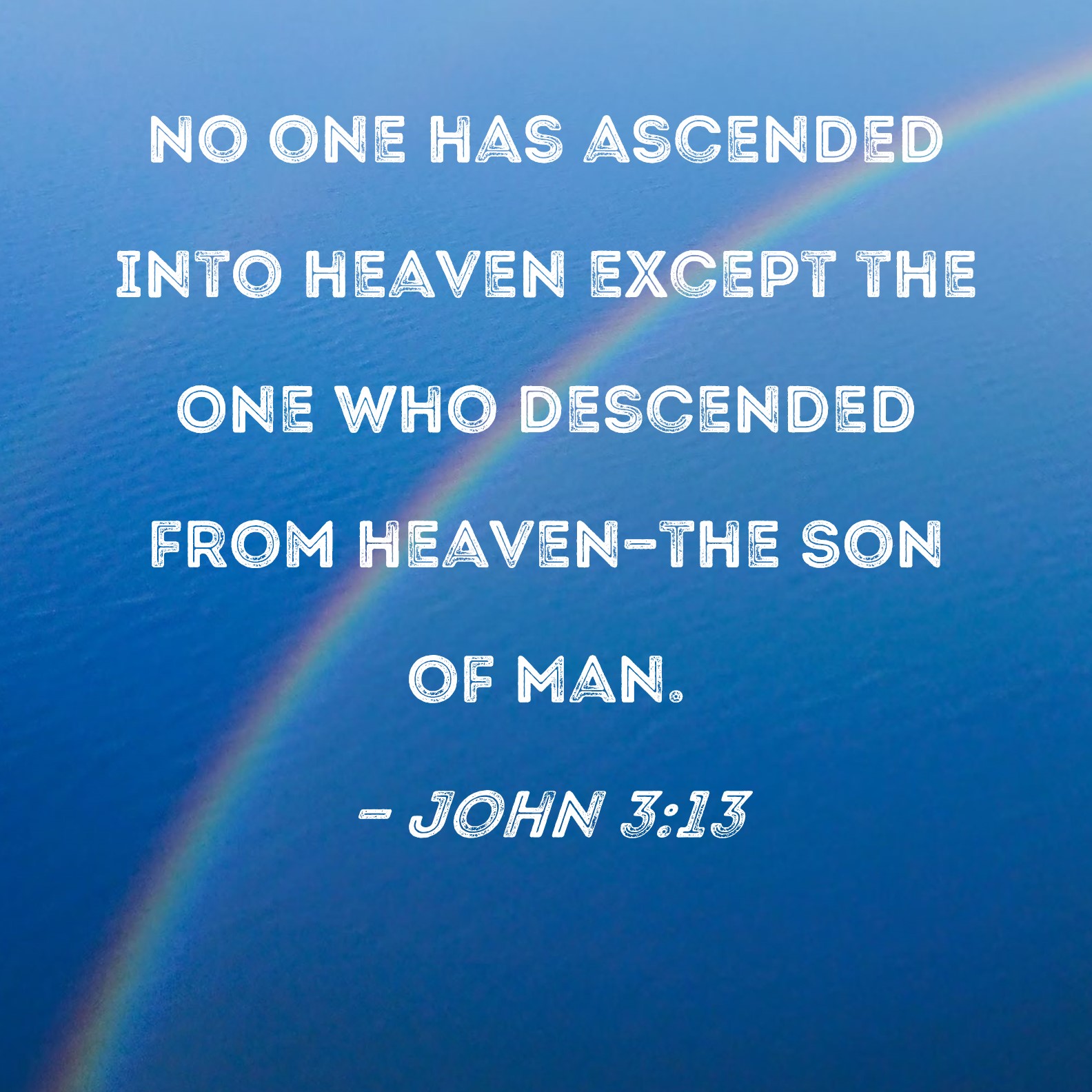Elder James Osbourn
1780 - 1850
The above is a picture of this leader of the anti-mission movement that produced the "Primitive" or "Old School" Baptist sect. It took me time to finally find it, being taken from his book "The Lawful Captive Delivered..." It also took me awhile to find pictures of Elder John M. Watson and Elder R.W. Fain. Many "Primitive Baptists" esteemed him very highly, while others seem to be jealous of his influence. He caused some to oppose him because he spoke out against the rampant Sabellianism among many "Primitive Baptists." According to Elder Henry Sheets in his book "History of the Liberty Baptist Association: From Its Organization in 1832 to 1906"
"Elder James Osbourn was perhaps the leading spirit in bringing about the split. Yet this item from the record tells us where he once was: "In 1817 'a committee was appointed for Domestic Missionary Affairs,' and Brethren O. B. Brown, James Osbourn and Spencer H. Cone were appointed as Home Missionaries." James Osbourn appointed a Missionary! He was Then a Primitive Baptist."
In one post on Osbourn I wrote (See here):
"According to a present day "Primitive Baptist" web page, edited by Elder David Montgomery, "Elder Osbourn was a staunch defender of the old paths. In the 1832 split with the Missionaries, he was instrumental in keeping many faithful to the truth. His opposition to the new and unscriptural ideas being promoted, earned him the ire of the new schoolers. However, we Primitives owe him a debt of gratitude."Another PB elder said this about Osbourn:
"In my library I have four books written by James Osbourn. James Osbourn was born in England in 1780, sat under the ministry of the celebrated William Huntington, and converted under the ministry of John Harm. Later, Osbourn moved to America and was blessed to preach extensively and to write several books. Historian Sylvster Hassell said of him that he "was an Englishman, who traveled and preached much , and wrote many religious books." He was a part of the presbytery that ordained Sylvester Hassell's father, C. B. Hassell. Osbourn's autobiography is "The Lawful Captive Delivered."" (See here)
Sylvester Hassell also says that Osbourn was one of their ministers in his and his father's History. Elder John M. Watson thought very highly of Osbourn.
Osbourn, however, was no friend of Wilson Thompson because of his Sabellianism. He was no friend to Beebe and Trott and the "Signs of the Times" periodical also, and I have in posts shown evidence of this. Welsh Tract Publications gives Trott's response to Osbourn's attack against Hardshell Sabellianism (here). Osbourn was also a friend of Elder C.B. Hassell and even died in his house in 1850. Osbourn was one of the presbyters in the ordination of C.B. Hassell.
In my writings on Osbourn's beliefs I show that he believed in gospel means, which was the common view of "Primitive Baptists" in the 1820s and 1830s. Below is a list of my posts on Osbourn and also a list of some of the leading books and pamphlets of Osbourn, who was a good and fluent writer. He was born in England and lived there for some periods of his life and was a friend of William Huntington. He lived in Baltimore, Maryland when living in America.
Posts On Osbourn
"Elder James Osbourne on Means" (here)
"Elder James Osbourn On Gospel Means" (here)
"Hardshell Sabellianism" (here)
"Hardshell Sabellianism II" (here)
"Elder James Osbourn's Creed" (here)
"History of Baptist Mission Work II" (here)
Books by Osbourn
"A Fac Simile Or The Religion Of New England Portrayed: To Which Is Added, A Journal Of Facts"
"A Christian Described, And His Right Proved And Vindicated" (Available here)
"Spiritual Gleanings, or the Celestial Fruit from the Tree of Life. Intended for the Use and Benefit of Sin-sick Souls. Also, A Cluster of Evangelical Truths, Brought from the Gospel Field; in a Series of Letters to William Fewell, Esq." (1845)
"The Lawful Captive Delivered or, the Prey Taken from the Mighty" (1835) (Available here)
"North Carolina sonnets, or A selection of choice hymns for the use of Old School Baptists : compiled by the recommendation of the Kehukee Association" (1845) (Available here)
"Divine Communications or Spiritual Letters" (1822) (Available here)
"Spiritual Gleanings, or Celestial Fruit from the Tree of Life. Intended for the Use and Benefit of Sin-Sick Souls" (1847) (Available )
"A Glimpse of the Building of Mercy; Or, An Outline of the Mystical Building of Christ: and A Sketch of the Ancient House of the Hagarenes; or, The Tabernacle of Anti-Christ Pourtrayed" (1848 London)
"A Christian Described, and His Right Proved and Vindicated" (Available here)
"A Selection of Hymns, and Spiritual Songs," often referred to as "Osbourn's Selection"
"A review of the base conduct of William Parkinson, pastor of the First Baptist Church, in the city of New York in a letter to Thomas Cottrell" (Available here)
Citations From Osbourn's Creed
Osbourn gives twelve articles for his creed in the book "The Lawful Captive Delivered..." Here are some of them which show that he believed in means.
7. I believe that to all and every one of those persons, thus beloved by the Father from everlasting, and in time redeemed by the Son; the Holy Spirit is sent for the purpose of quickening, and enlightening, and preparing them for glory above; and that this Holy Spirit never was, nor can be, defeated in his design and work with those persons composing the true catholic church, or the mystical body of Christ.
8. I believe that all the ways, and works, and means, which the God of heaven hath ordained to make use of in effecting the salvation of men, ought, so far as they are binding on us, to be made use of by us, that we thereby may be benefitted, and the Lord God honored and adored.
9. I believe the Old and the New Testament to be the true and only written word of God; and that the Lord hath ordained that this his written word, and the preaching of the gospel shall be the chief means whereby to accomplish the conversion of sinners, and the edification of saints; and that whereever those means are sent, it is the duty of all men to attend upon them in due order, and also to believe the report which those means make, which thing can be done as easily as to believe the report of common things, when such reports are made. Yes, the report of the gospel can be believed, and often is, by natural men, or men in a natural state. But to believe the written word of God, and to receive the gospel, as preached by the Lord’s true sent servants, TO THE SALVATION OF THE SOUL, is effected in no other way than by the energetic influence of divine grace in the heart of the man so believing the written word of God, and so receiving the gospel preached.
10. I believe that the bodies as well as the souls of elect persons, are the purchase of a Redeemer’s blood; consequently their bodies will be raised from their graves, and their souls re-enter them in a day yet to come, and so both bodies and souls ascend with Christ to glory; and that the happiness of the saints, and the misery of the wicked, are alike interminable.
11. I believe in the doctrine of eternal union of Christ and his church; and that in time, this church receiveth divine life, and light, and glory, and beauty, and wisdom, and strength, and comfort, and joy, and peace, and faith, and hope from Christ, her covenant head; and that those things thus received from him, make up what we call, vital union between Christ and his people. And as they are thus brought to believe in the Lord of glory, and from him to receive eternal life, they shall never perish, for “who shall lay any thing to the charge -of God’s elect? It is God that justifieth,” Rom. 8. 33. 7
In my post "Elder James Osbourne on Means" (here) I cited these words that Osbourn wrote for the first widely supported periodical, "The Christian Doctrinal Advocate and Spiritual Monitor," which was edited by Elder Daniel Jewett. Elder C.B. Hassell married Jewett's widow after the death of Daniel and the death of C.B. Hassell's first wife.
"But if so be that the specific object which the Deity had in-view, and designed to accomplish by means of, or in a way compatible with the gospel which he ordained and promulgated, was the eternal salvation of the bride, the Lamb's wife, Rev. 21; 9; we then of course may safely conclude, that that specific object must and will be accomplished, just in that way and manner as infinite wisdom may have dictated. And lo, this is what we do believe and rejoice in; and in the gospel we also believe, every necessary arrangement and provision is made and permanently settled for the effecting the salvation of that church which was the object of God's everlasting love and delight, and which he gave to his Son before time began.That God ordained the GOSPEL, and promulgated the same, with a settled purpose to save sinners thereby; and hence in this his gospel he says, "I will give them an heart to know me, that 1 am the Lord; and they shall be my people, and I will be their God : for they shall return unto me with,their whole heart." And again says the Lord, 'Zaccheus make haste and come down, for to day I must abide at thy house.' And again it is said, 'As many as were ordained to eternal life believed.' And we are told that the Lord works in men to will and to do of his own good pleasure; and that Christ came to seek and to save that which was lost; Jer. 24, 7; Luke, 19, 5; Acts, 11, 48; Phil. 2, 13; Luke 19, 10. (14, 15)." (pg. 14) (See here)
Overall, I think that Osbourn was the best educated and well versed in scripture than any "Primitive" or "Old School" Baptist of his day. He was widely looked up to by many in the anti-mission movement. If he were here today he would be disgusted and amazed by what the "Primitive Baptist" denomination has become.
In the above citations we see where Osbourn, though believing in an eternal union between Christ and the church (or elect), did not believe that vital union with Christ occured until Christ was received by faith. So, he would no doubt have been an opponent of Two Seedism.
Osbourn came though this section of North Carolina in the early 19th century and preached in several churches, including, I believe, Meadow Creek Primitive Baptist Church.



